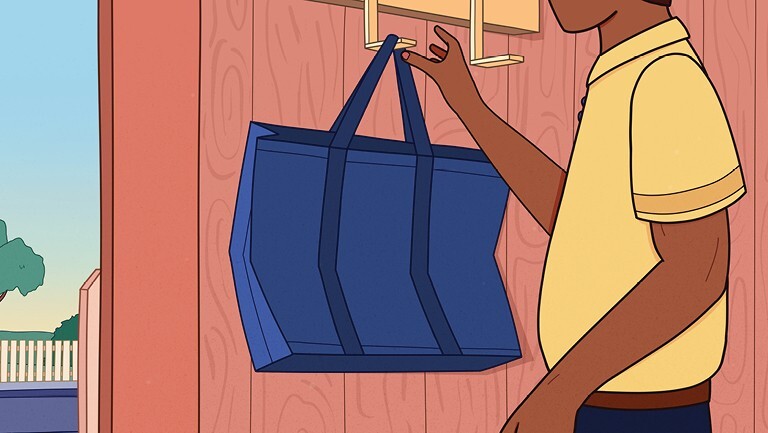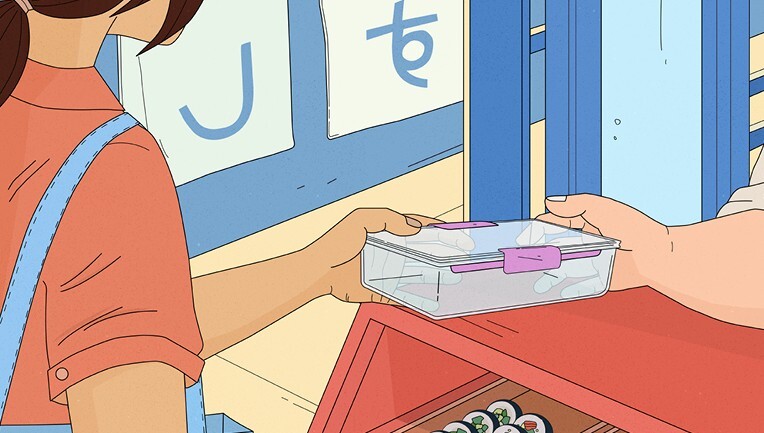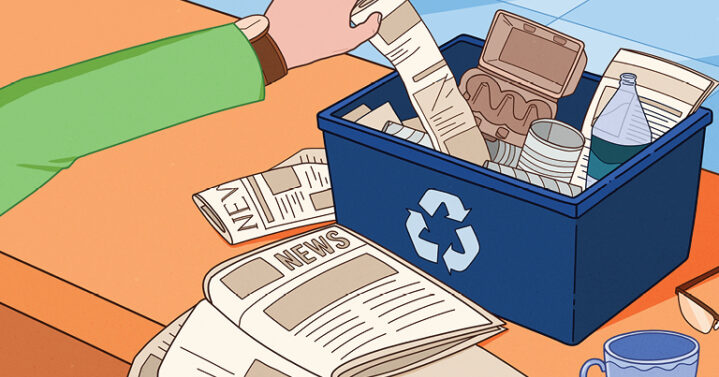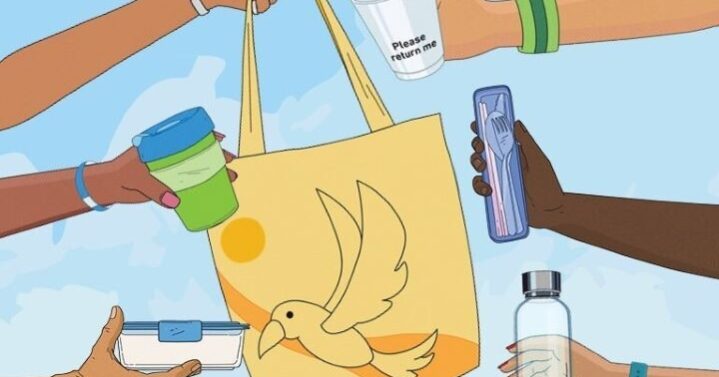Four ways to tackle single-use plastics – beyond the basics

If you’re working towards a lower-waste lifestyle, you’ve probably already made some of the most common small swaps to smash waste and said goodbye to single-use plastic bottles, cups and bags. So, what can you do next?
Level up your sustainability game with these intermediate-level waste reduction actions!
Avoid plastic produce bags
Choose to refuse single-use plastic bags when you buy fruit and vegetables. Either keep them loose or use reusable bags. A durable mesh bag can last for years, replacing hundreds of plastic ones!
Reusable produce bags are now widely available in supermarkets. Many people like to make their own using basic sewing skills – it’s a great way to repurpose old mesh curtains.
Ditch cling wrap
There are so many alternatives to cling wrap that you won’t even miss it.
You could:
- store food in airtight containers
- pop a plate over a bowl as a makeshift lid
- use reusable bowl covers or beeswax wraps.
And if you ever really need to wrap something with a single-use product, aluminium foil is a better choice. It’s accepted in kerbside recycling bins. Just scrunch it up to the size of a golf ball or larger.

Bring your own food containers
Bringing your own containers when purchasing meals, snacks and ingredients is a great way to avoid single-use packaging that’s often only used for a few minutes. And yes – Victorian food businesses are allowed to accept reusable containers from customers (at their discretion).
Just make sure your containers are clean and ask the staff to use them when you order.
Find products with alternative packaging
Consider the items that regularly appear on your grocery list. Is the plastic packaging avoidable?
You may be able to find a similar product packaged in cardboard or glass, which are highly recyclable. For example, many spreads, preserves, sauces and drinks are available in glass bottles and jars. And you could choose laundry powder in a cardboard box instead of laundry liquid in a plastic bottle.
You could even avoid packaging altogether for many products by finding a local bulk store where you can refill your own bags and jars. They often have items like nuts, beans, rice, baking ingredients, cereal and snacks.
Small acts make a big impact
One bit of plastic packaging might not seem like a big deal, but it quickly adds up to contribute a lot to landfill.
On the flip side, avoiding one bit of plastic can make a big difference when you make it a daily habit!
Armed with these tips to avoid single-use plastic in everyday life, you can reduce your rubbish and send less to landfill.

